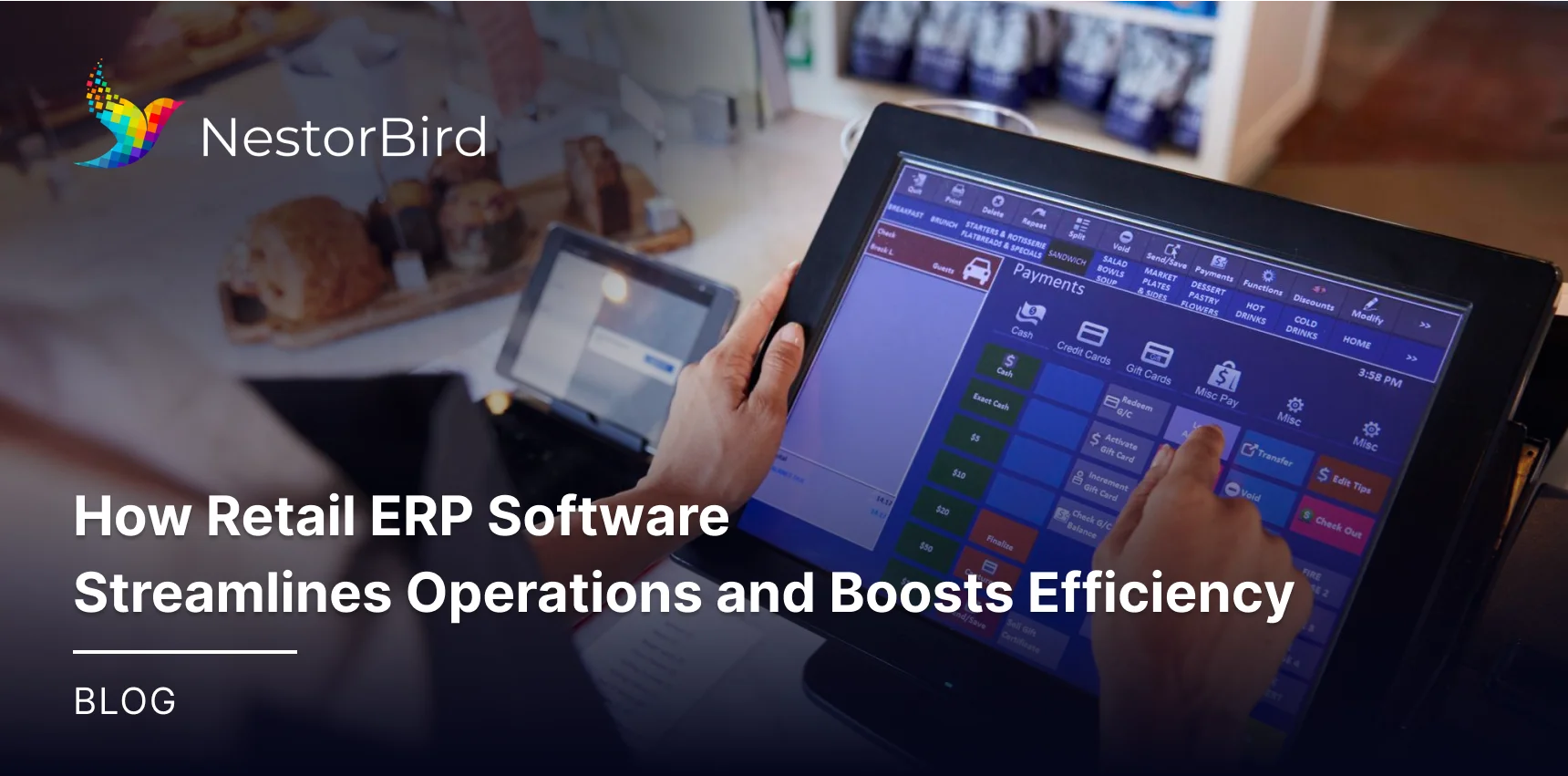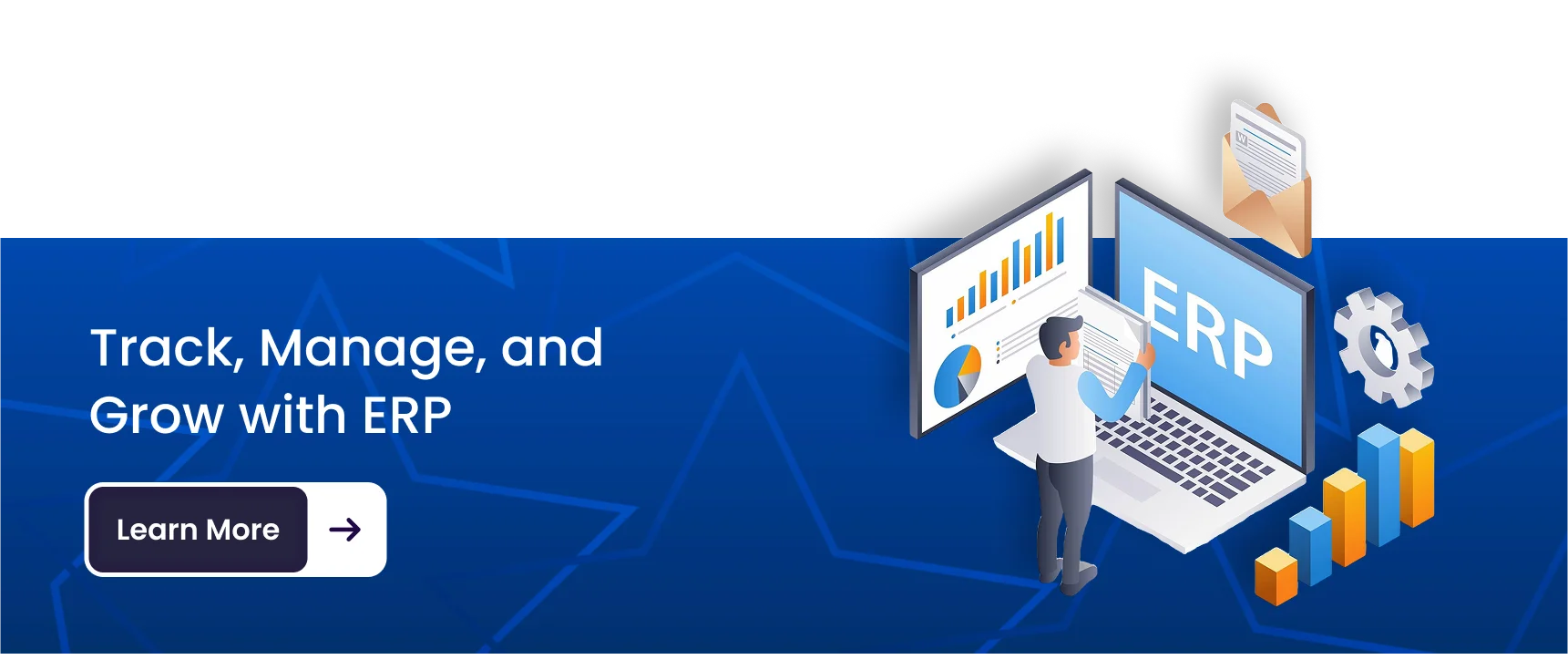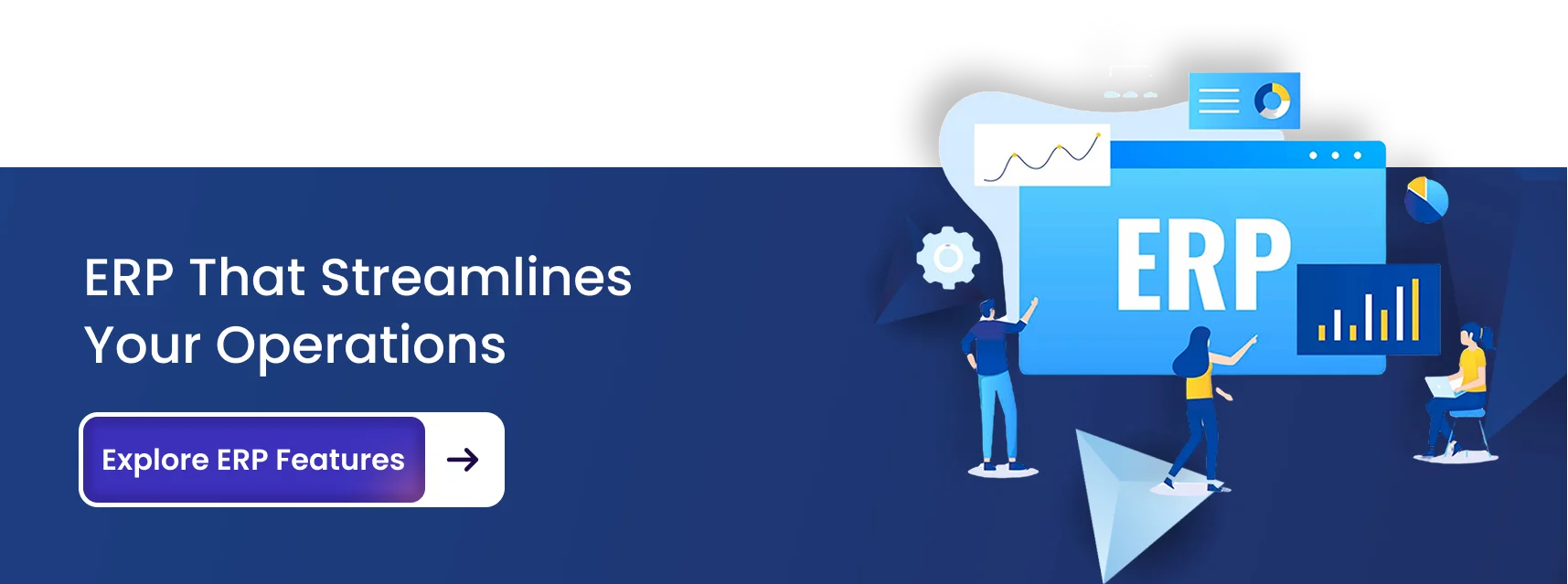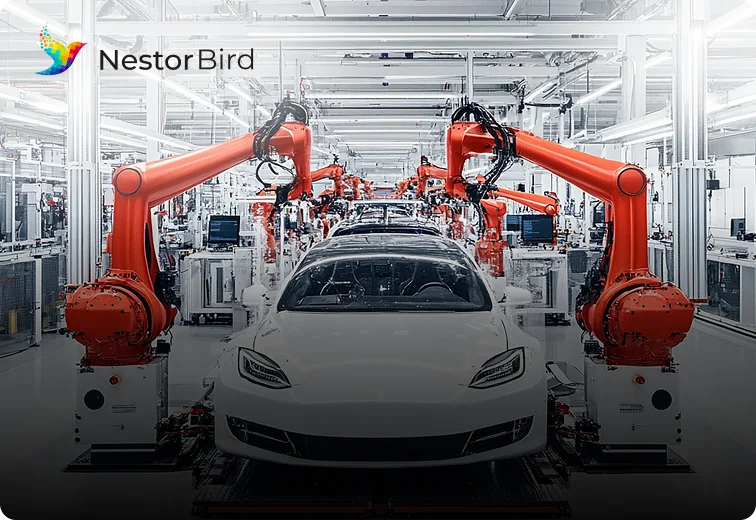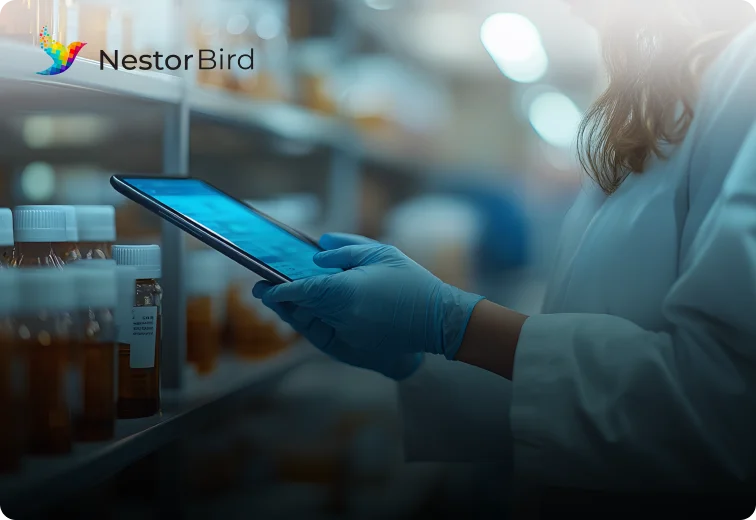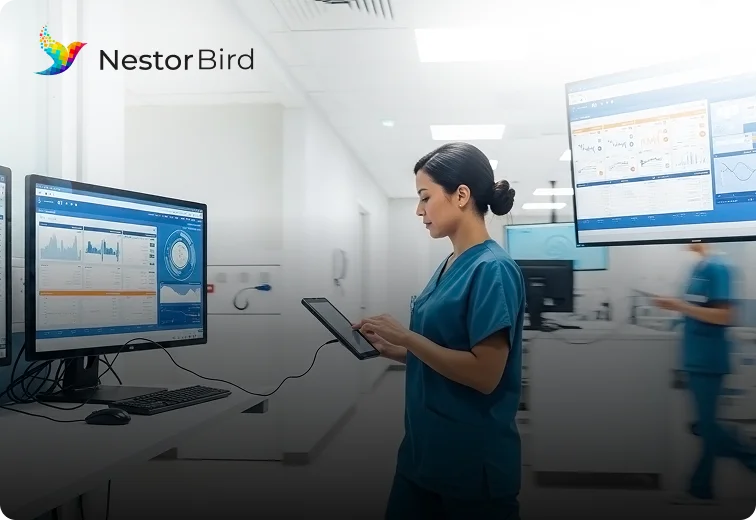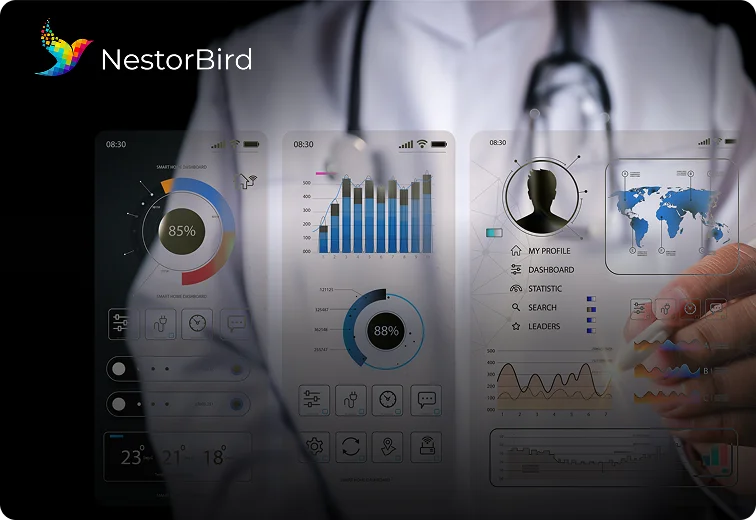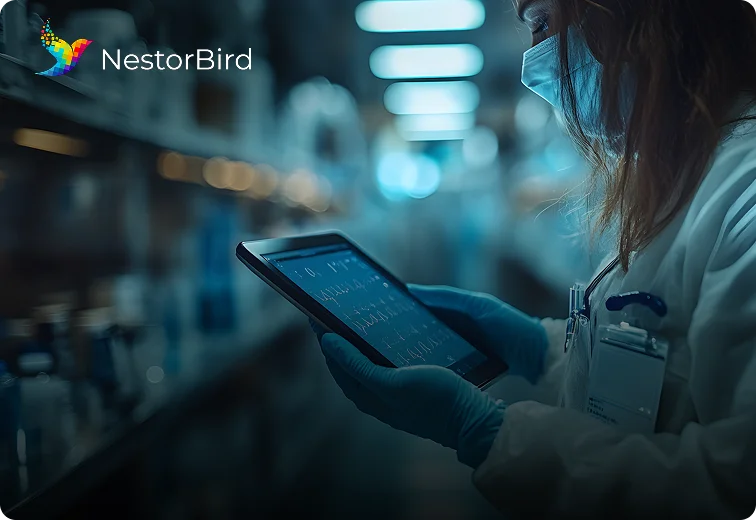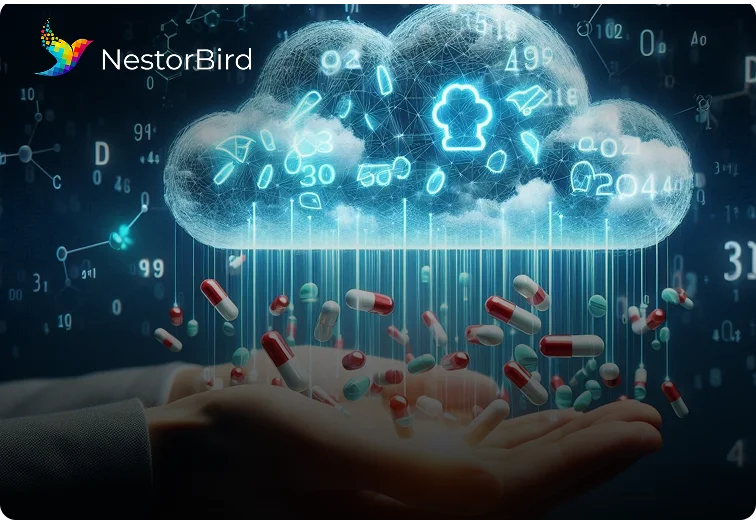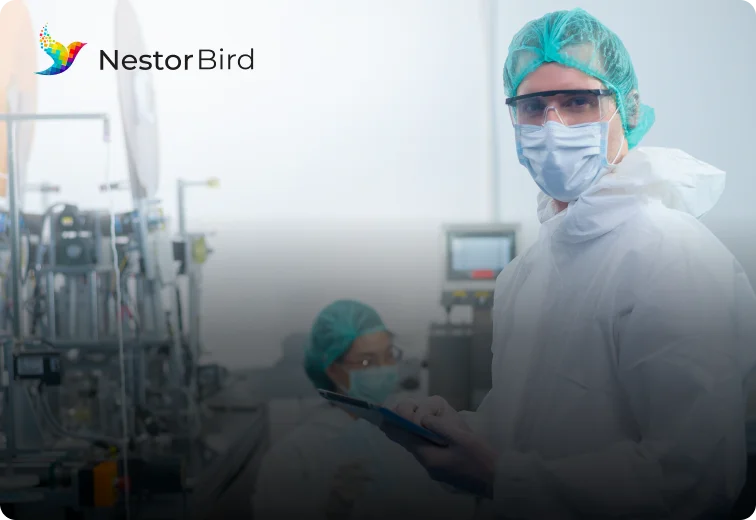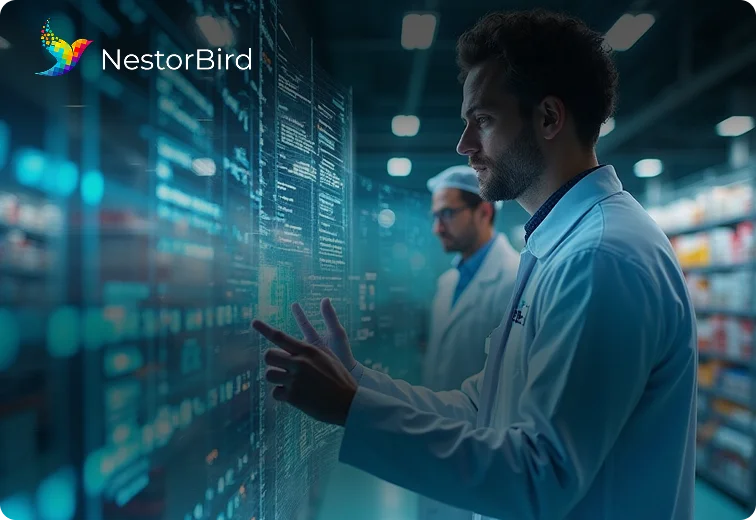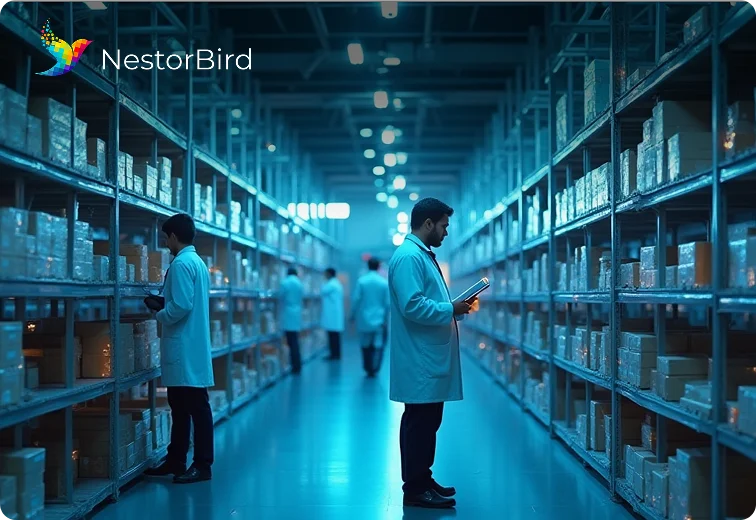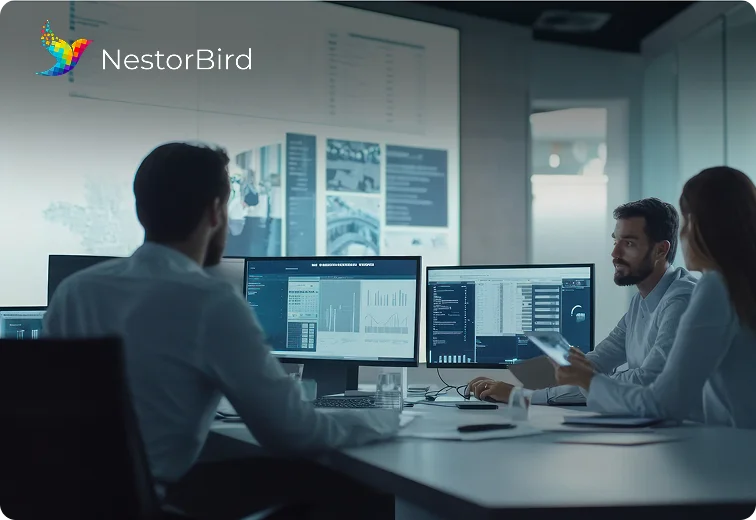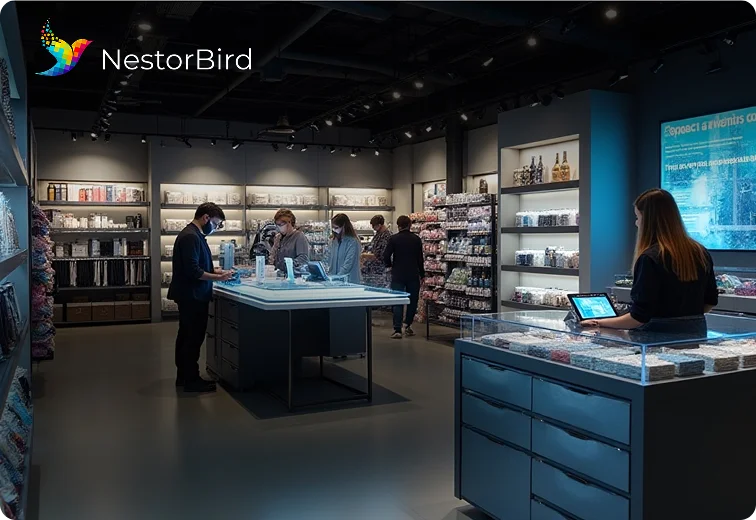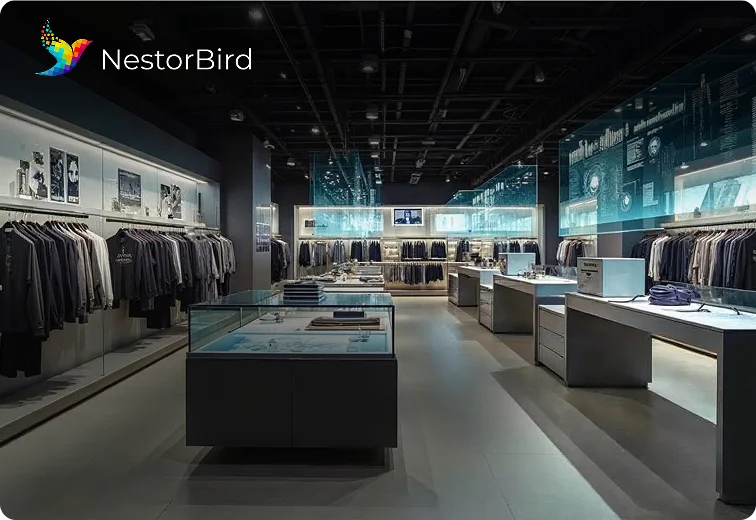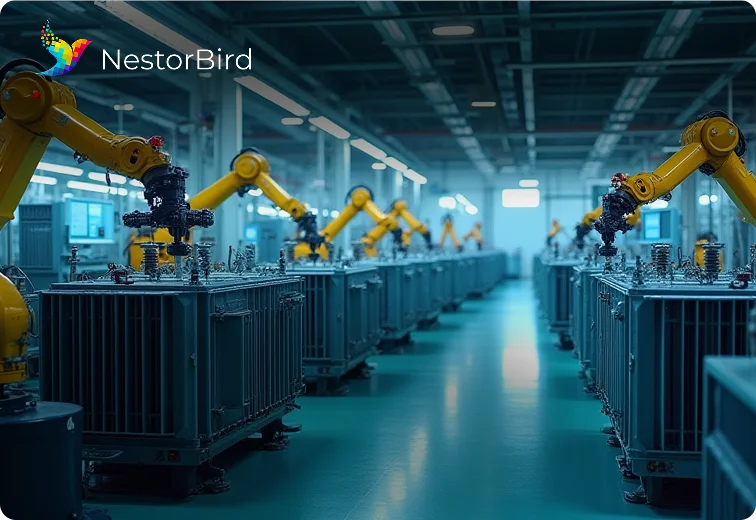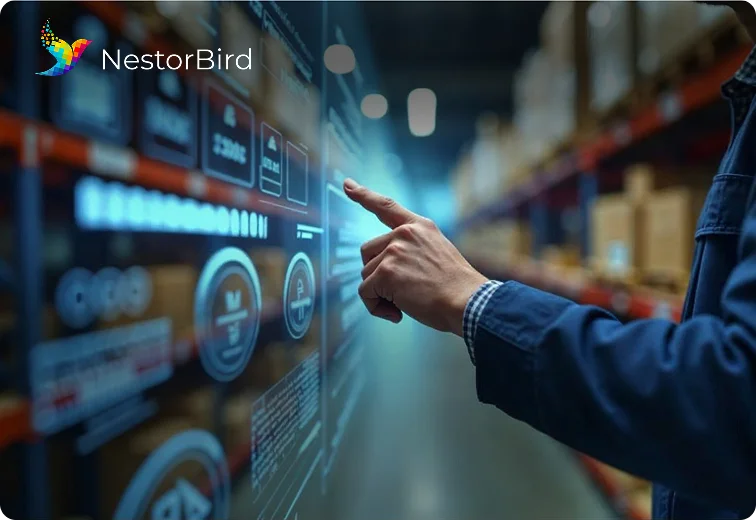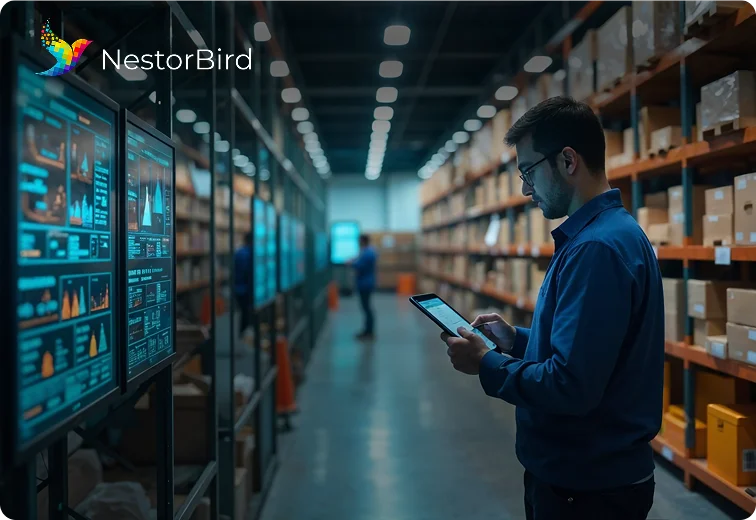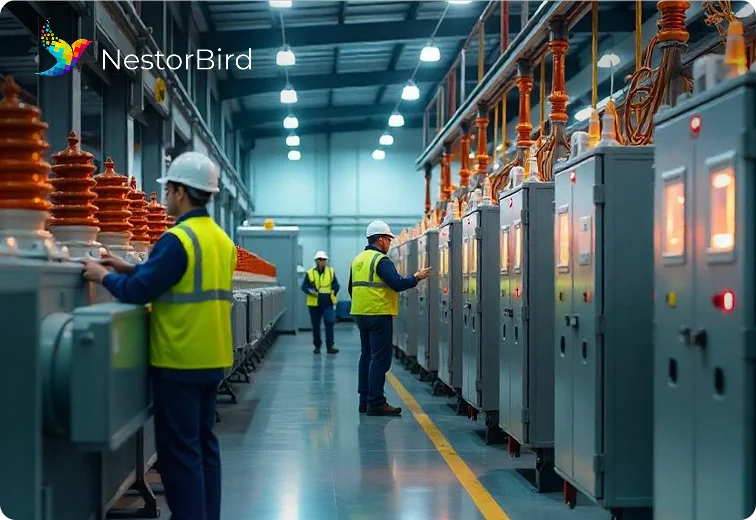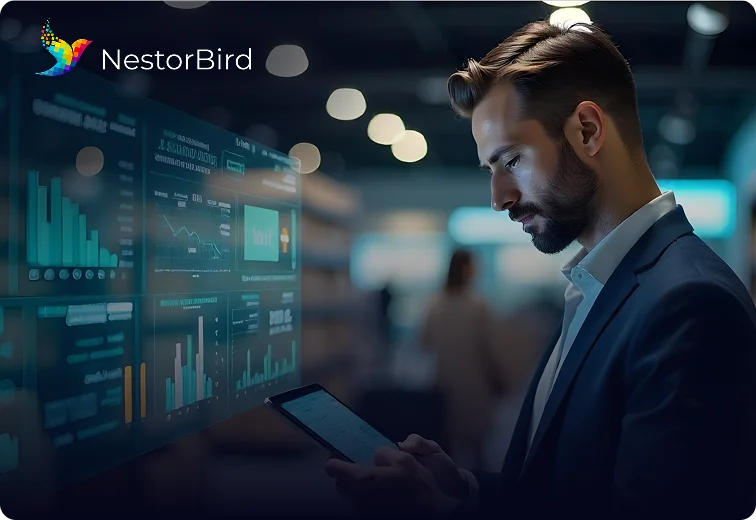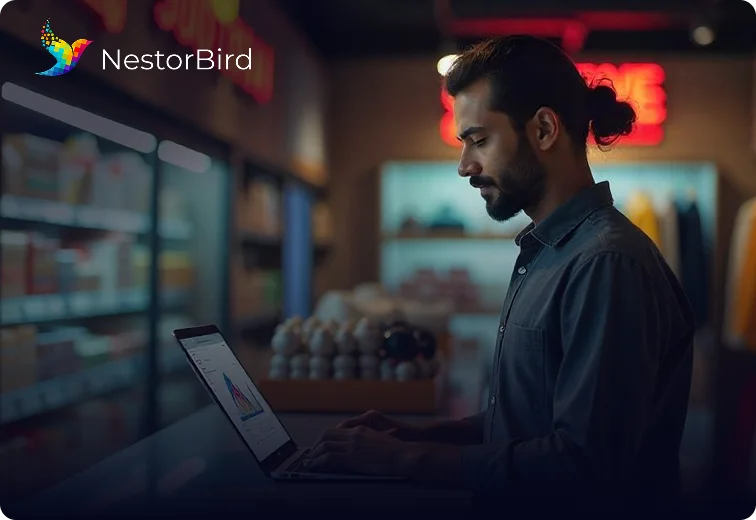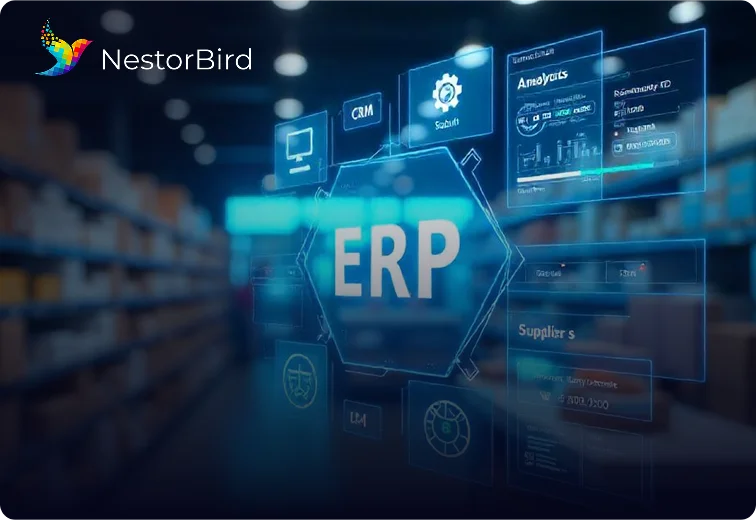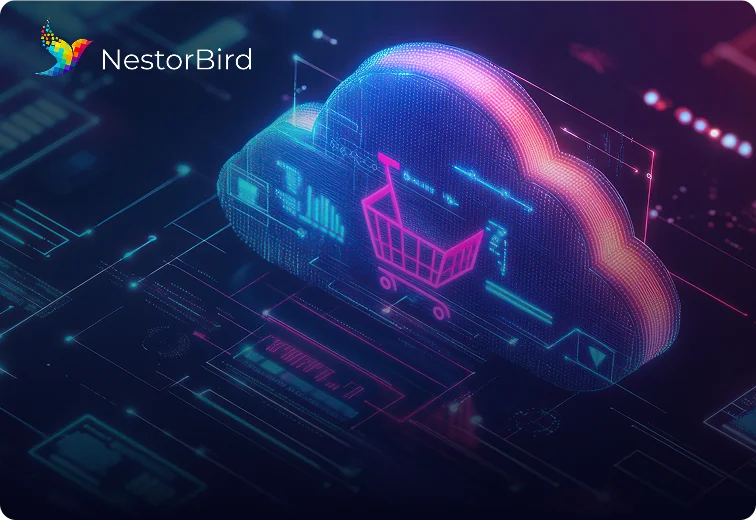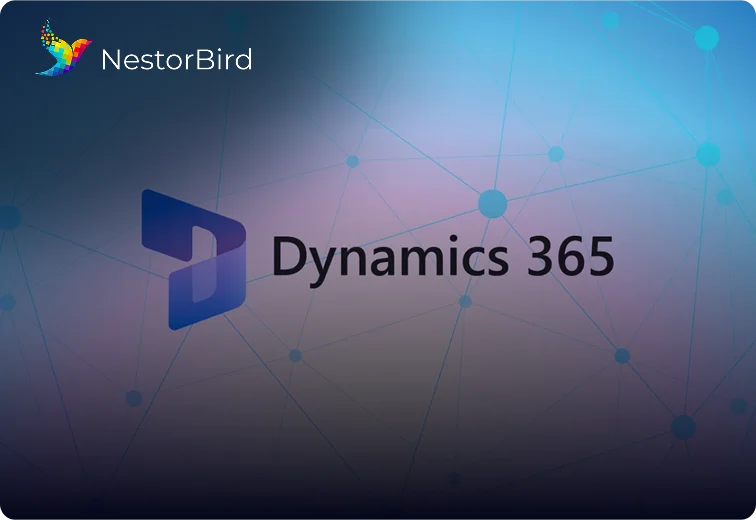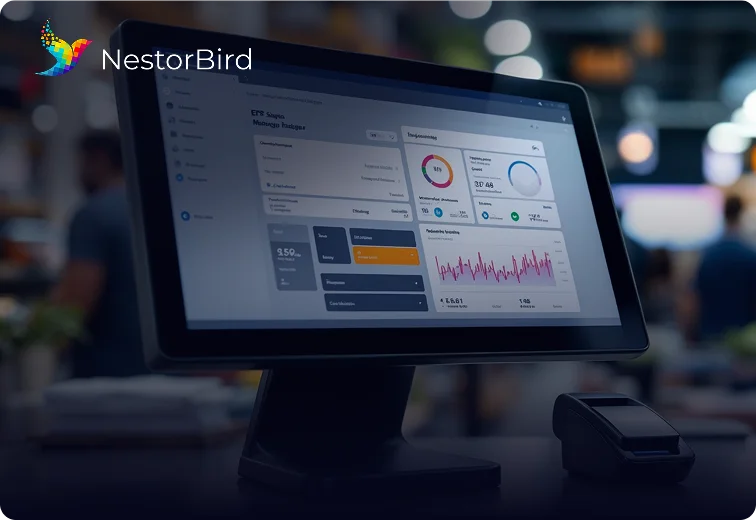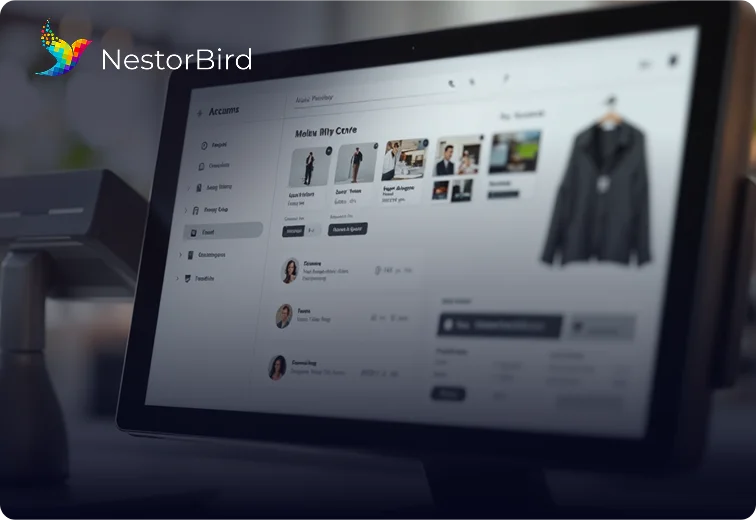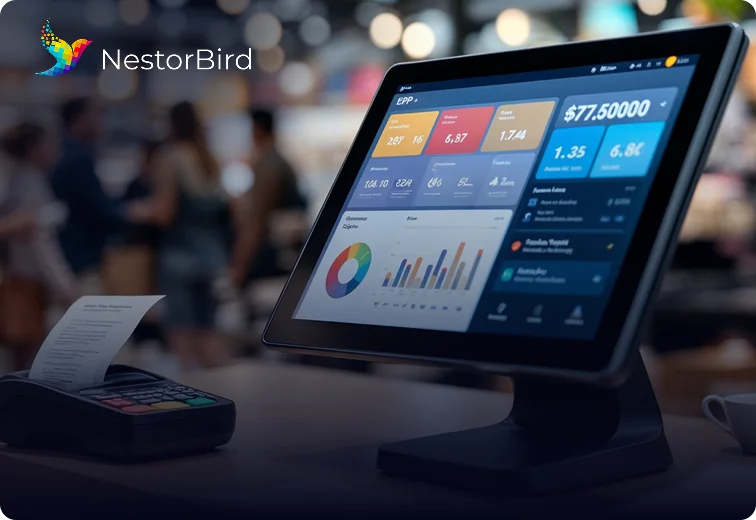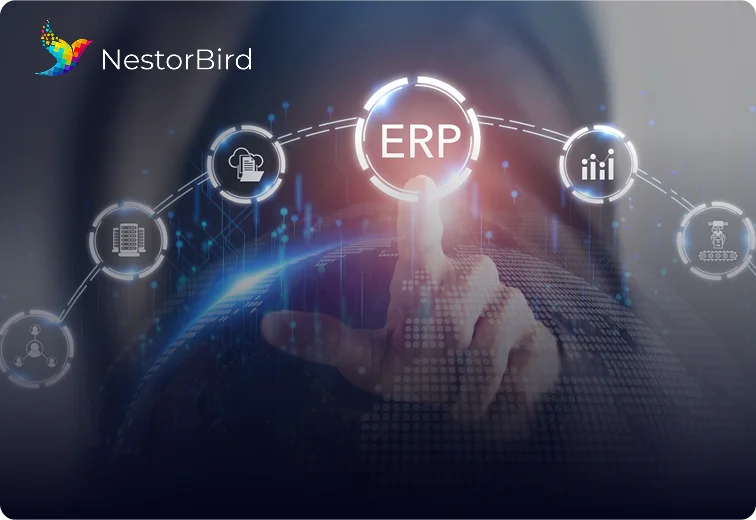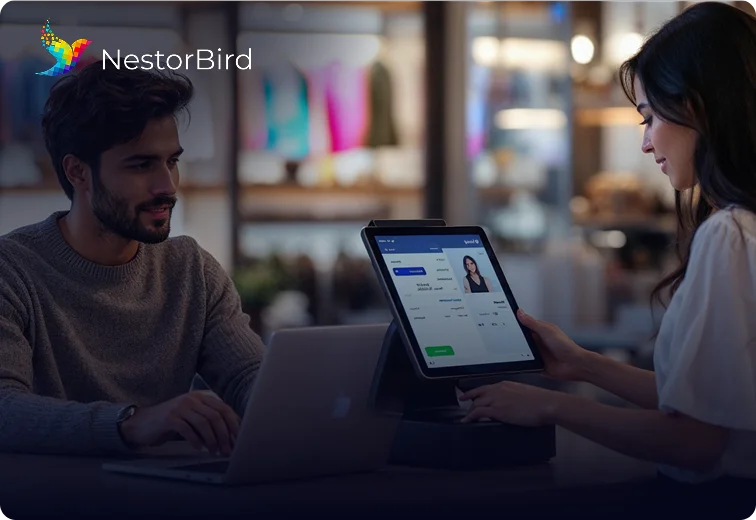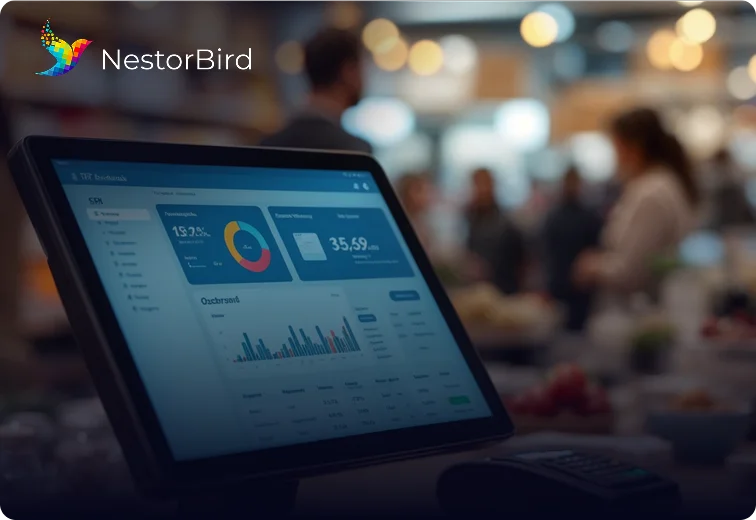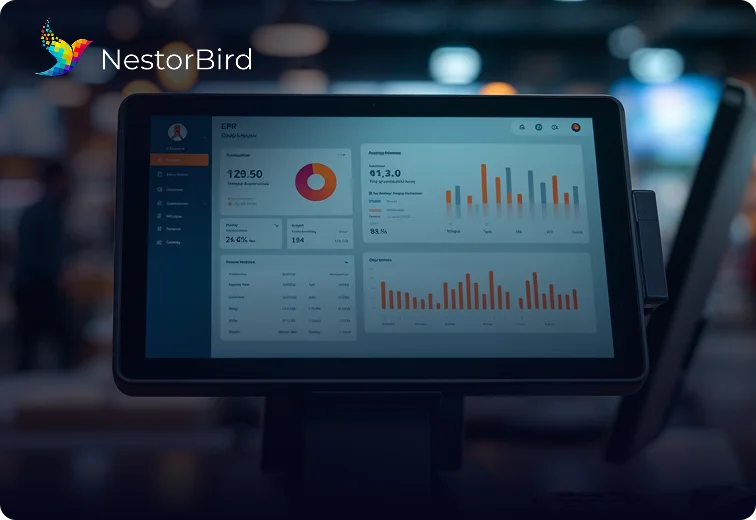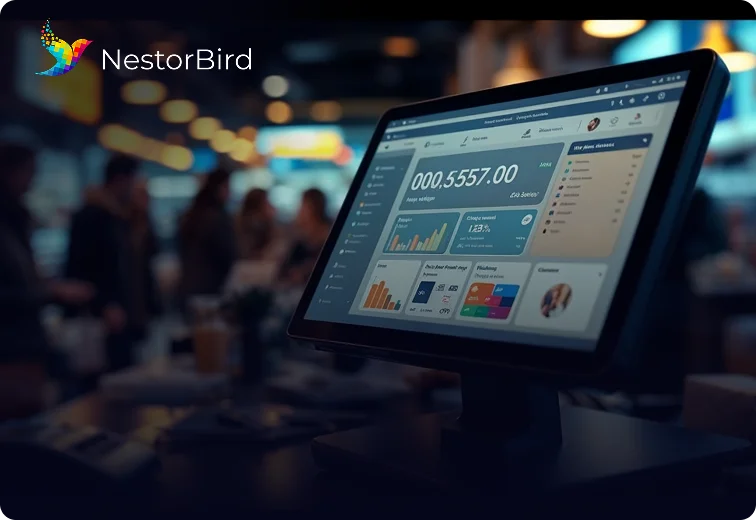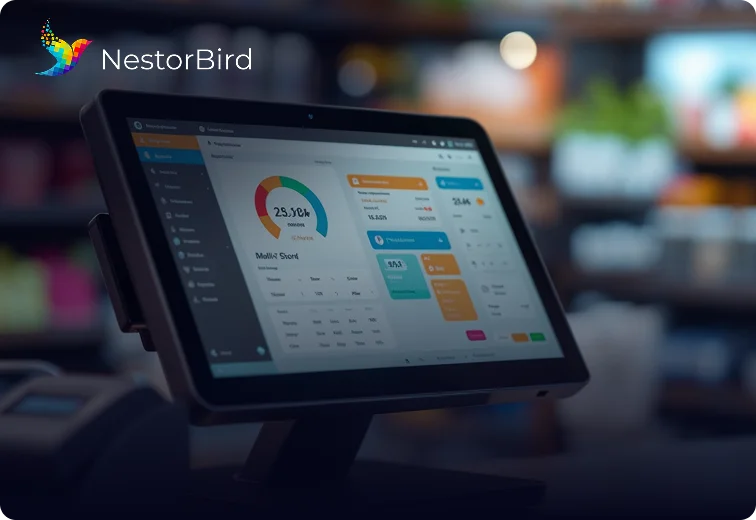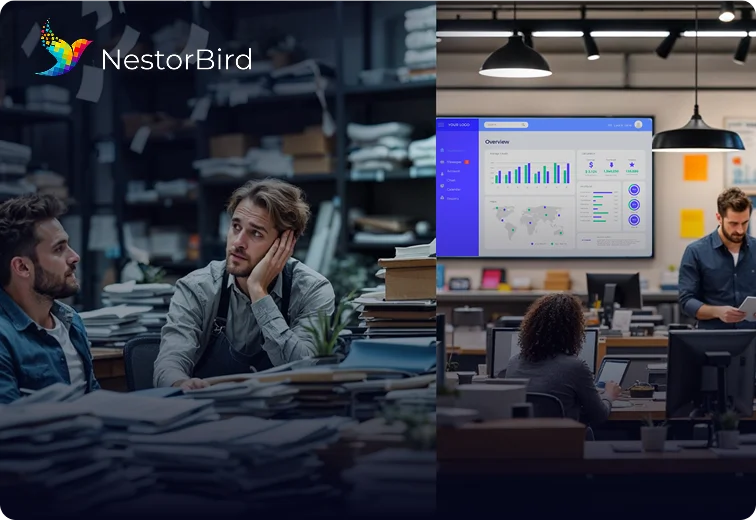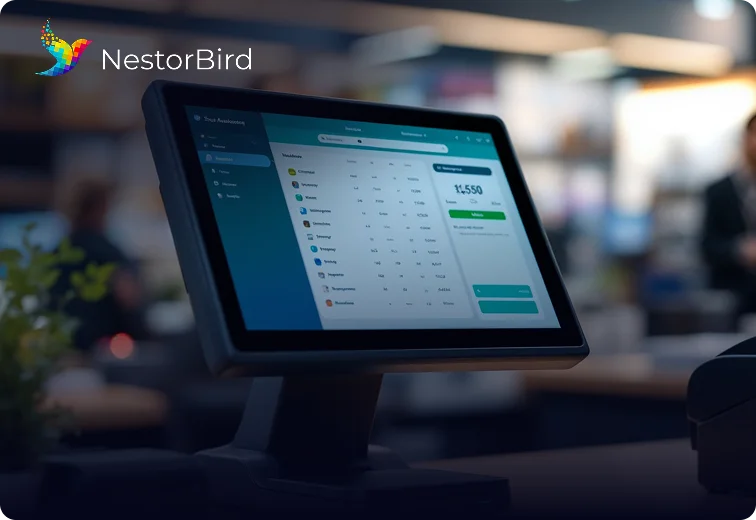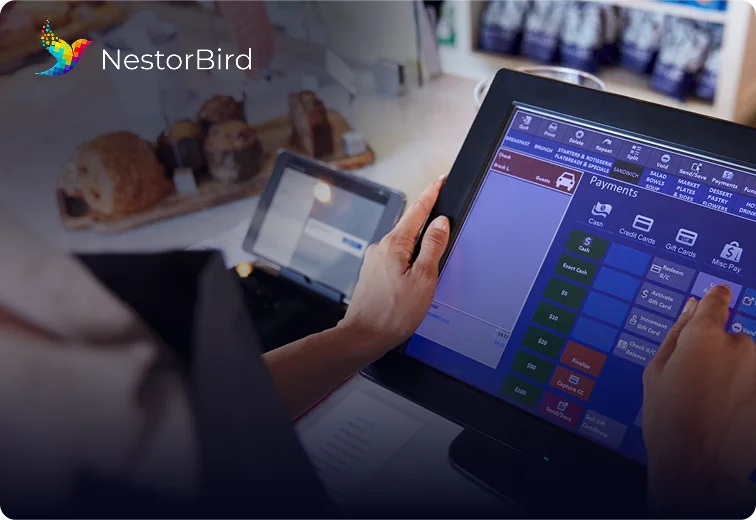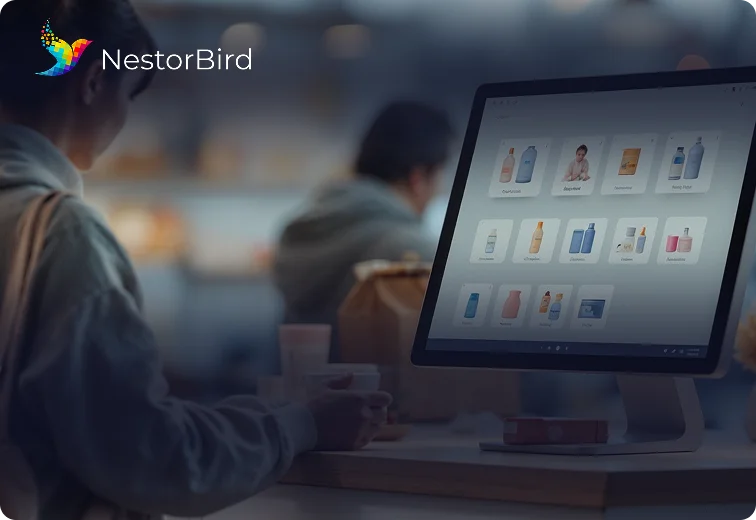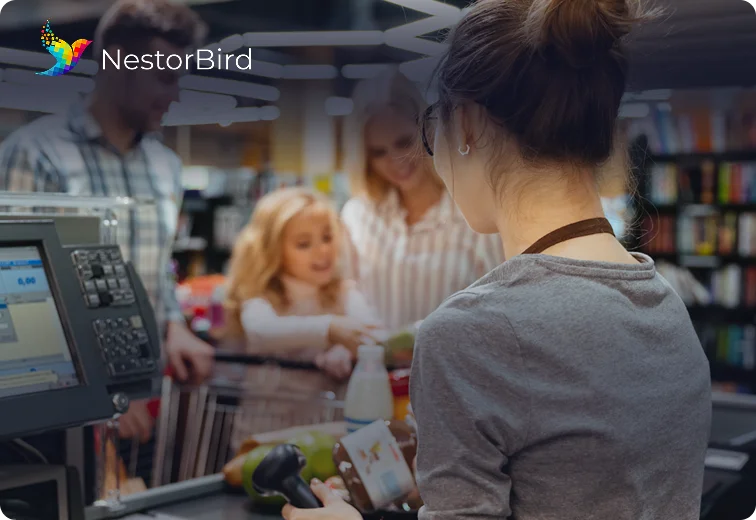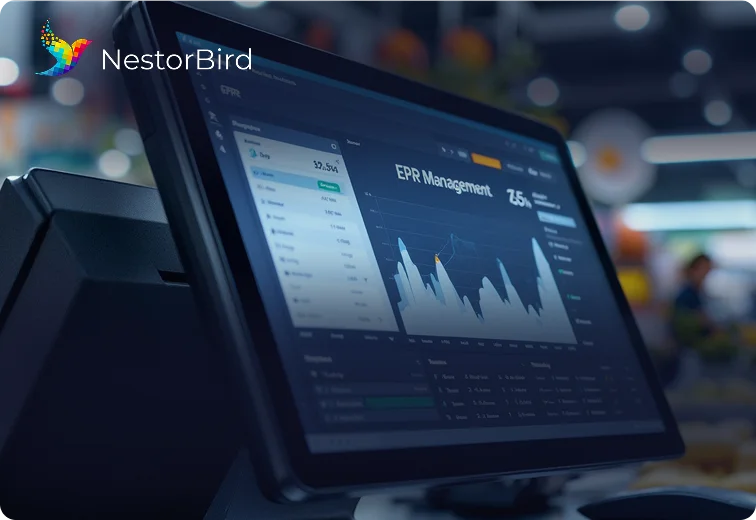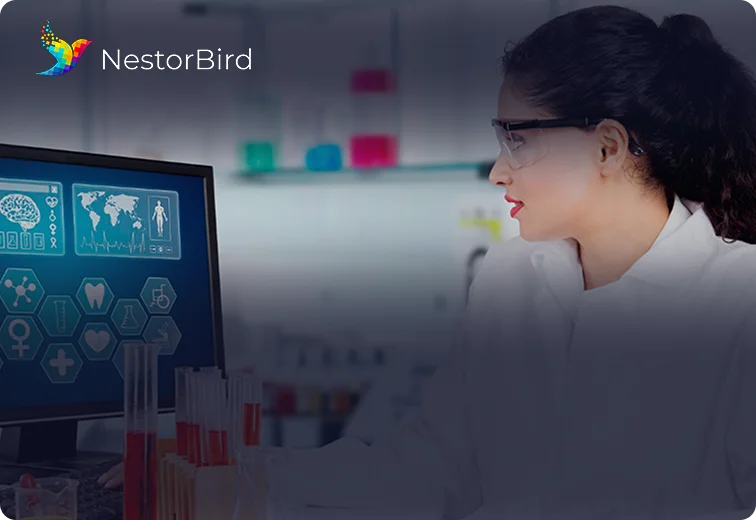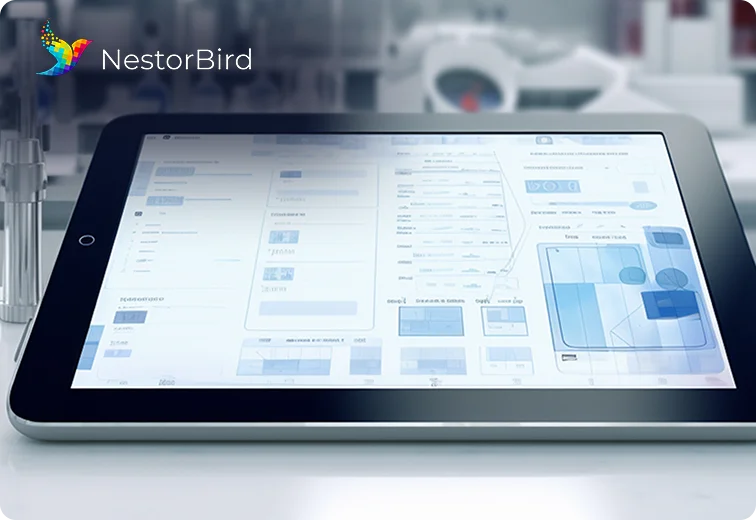Quick Summary
Retail ERP Software helps businesses manage their operations more effectively. By centralizing data, automating tasks, and improving inventory management, it boosts efficiency and enhances customer satisfaction. This software enables retailers to streamline processes across online and offline channels, making it easier to meet customer needs and grow their business.
Table Of Contents
Introduction
Running a retail business, big or small, can come with challenges, numerous operations, taking care of inventory, managing teams, sales channels, online presence, etc. and the list goes on. Retail owners are often overwhelmed with managing too many things than actually spending their time and effort on growing or scaling their business. With the right Retail ERP Software, you can improve efficiency, reduce errors, and provide a better experience for your customers. In this blog, let’s explore how this software can transform your retail operations for the better.
Key Takeaways
Retail ERP Software centralizes data for better decision-making.
It automates routine tasks to save time and reduce errors.
The software improves inventory management and accuracy.
It integrates online and offline sales channels seamlessly.
Enhanced customer experience leads to higher retention and loyalty.
The Growing Complexity of Retail Operations
When you are running a retail business today it isn’t as simple task, whether you are managing a physical or online store. Customers shop online, through mobile apps, social media, and in-person, all at the same time. So, to keep up, retailers have to handle multiple tools for inventory, sales, customer data, and payments.
But, these disconnected systems often create more problems, with mismatched data, unorganized sales channels, and inventory management. For example, your online store might show a product as in stock, while your warehouse has already sold out. And that is why your employees waste time in fixing errors, and customers get frustrated.
These challenges can grow even further when businesses expand to new locations or add sales channels during scaling. Without a unified system, tracking your sales, inventory, managing your team, products, store, etc. becomes a guessing game.
You can check the comparison ERP vs MRP.
Understanding Retail ERP Software Solution
Retail ERP Software is a tool that combines inventory, sales, customer data, and finances into one system. It replaces scattered apps or spreadsheets, letting businesses manage all operations from a single platform. For example, when a customer buys online, the retail ERP system instantly updates stock levels across stores, warehouses, and websites—preventing overselling.
It can also efficiently and easily automate tasks like ordering stock, tracking shipments, and generating sales reports. This reduces manual errors and saves time. For managers, retail ERP solutions provide real-time data to spot market and product trends, like which products sell fast or which stores need restocking.
Unlike basic tools, or other traditional ERP systems, ERP software for retail works for small shops as well as large chains efficiently. It grows with your business and allows you to scale by handling new locations, sales channels, or product lines without any problem. By centralizing data, it can also simplify any compliance with tax or safety rules for your business. Read about the next Retail ERP Trends.
Streamlining Operations with Retail ERP Software
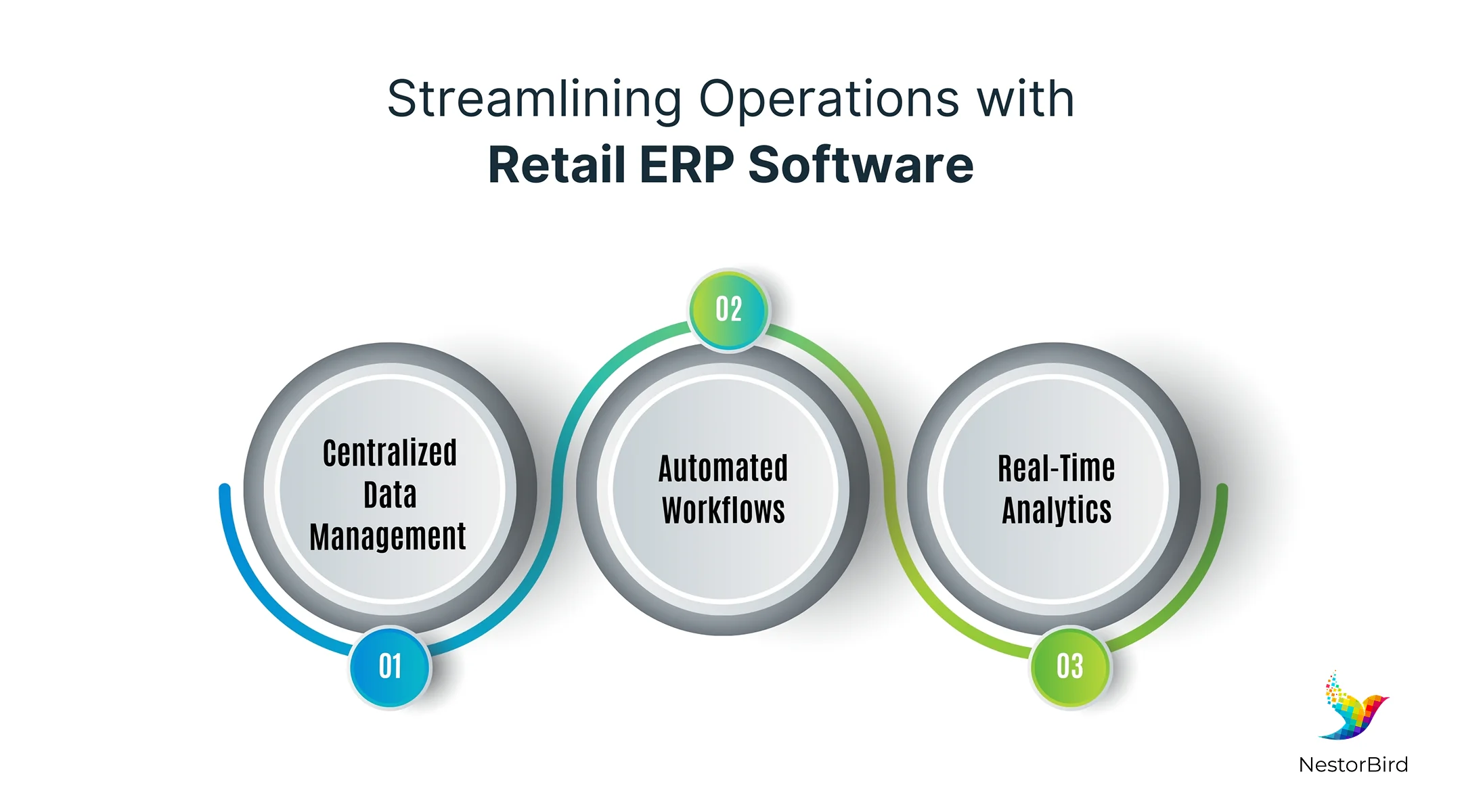
ERP software for retail can help simplify and streamline various operations of your business, and works for businesses of all sizes.
Centralized Data Management
This feature is one of the key benefits of Retail ERP Software. By using a single platform, all departments can access the same information. This means that everyone is on the same page, reducing mistakes and improving teamwork. When data is easy to find, it helps employees work faster and make better decisions.
For example, warehouse teams can view real-time stock levels, and sales teams can quickly check order statuses, which helps prevent duplicate entries, inconsistent reports, and delays from outdated information.
Automated Workflows
With automated workflows, routine tasks, like ordering new stock or processing sales, can be done automatically. For example, when inventory runs low, the system can automatically place an order with suppliers. Also, daily sales reports can be generated without manual input. This saves time and reduces the chance of human errors. Know What Retail ERP Solutions to use.
Real-Time Analytics
With real-time data, businesses can track sales trends, top-selling items, or slow-moving stock and be updated with what is happening both in their business as well as the market. Retail ERP system helps managers make quick decisions based on current sales trends or customer needs. For instance, if a product is selling well, they can quickly increase its stock. Overall, these features help retailers run their operations smoothly and efficiently. This real-time data helps adjust pricing, promotions, or staffing instantly, without waiting for end-of-month reports.
Enhancing Efficiency Through Integration
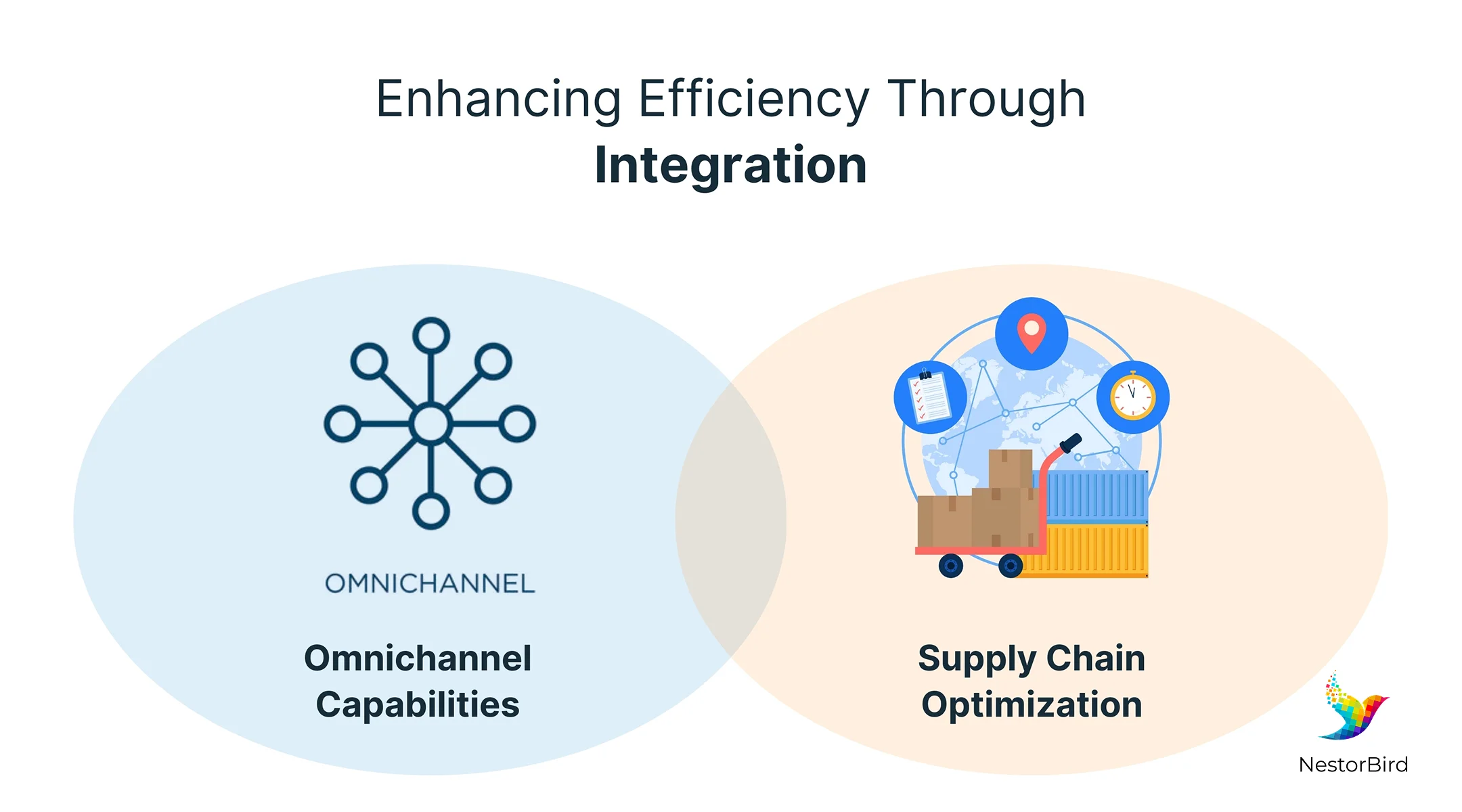
Omnichannel Capabilities
Retail ERP Solutions allow businesses to connect their online store, offline store and warehouses into one system. This means customers can shop easily, whether they are in a store or online. When all channels work together, it improves the shopping experience. For example, customers can check product availability online before visiting a store, making their experience smoother.
Supply Chain Optimization
Retail ERP systems help manage the entire supply chain more effectively. They track products from suppliers to stores, reducing delays and ensuring that items are available when needed. This leads to faster delivery times and better relationships with vendors. By streamlining these processes, retailers can keep their shelves stocked and meet customer demands more efficiently. That is how effective integration of retail ERP system can enhance efficiency and help businesses serve their customers better.
The Impact on Customer Experience
But, what is the actual benefit for businesses to implement retail ERP systems for their businesses? It is the end customer experience and satisfaction.
ERP software for retail can greatly help brands improve customer retention through unified CRM tools. These tools collect and organize customer data, allowing businesses to understand preferences and buying patterns. With this information, retailers can offer personalized promotions, loyalty programs, and better communication, ensuring customers feel valued and become loyal returning customers.
With improved operational efficiency it directly enhances the service delivery, and faster order fulfillment ensures customers receive their purchases on time. Other features of retail ERP systems like personalized marketing create tailored shopping experiences for your customers which leads to higher satisfaction and repeat business, giving retailers a competitive edge.
With effective real-time tracking in retail ERP solutions, systems can efficiently ensure stock levels are updated in real time, reducing the chances of stockouts or overpromising unavailable items. When customers can rely on accurate inventory information, it builds trust and improves their overall experience with the brand. Also, personalized marketing, like birthday discounts, offers, and promotions, becomes easier with unified purchase history. By fixing operational delays and stock errors, retailers meet expectations consistently, keeping customers happy and coming back with ERP for Retail.
Final Note
Retail ERP Software is beneficial for modern retail businesses to help streamline operations, improve efficiency, and enhance customer experience. Retailers can make better decisions and serve their customers more effectively, by centralizing data, automating tasks, and providing real-time insights. For companies stay to competitive and successful, adopting a retail erp system can be game changing in terms of efficiency and scaling.
Frequently Asked Questions
Yes! Many retail ERP solutions offer scalable and easy pricing, so you pay only for the features you need. Retailers can also explore cloud ERP software options to reduce any upfront costs.
Yes, most ERP software for retail can easily and efficiently integrate with tools like POS, eCommerce platforms, and accounting software for seamless data flow and efficiency.
With implementing a retail ERP system, businesses often see fewer stockouts, faster order processing, and happier customers within 6-12 months, which can in turn boost profits and growth.


